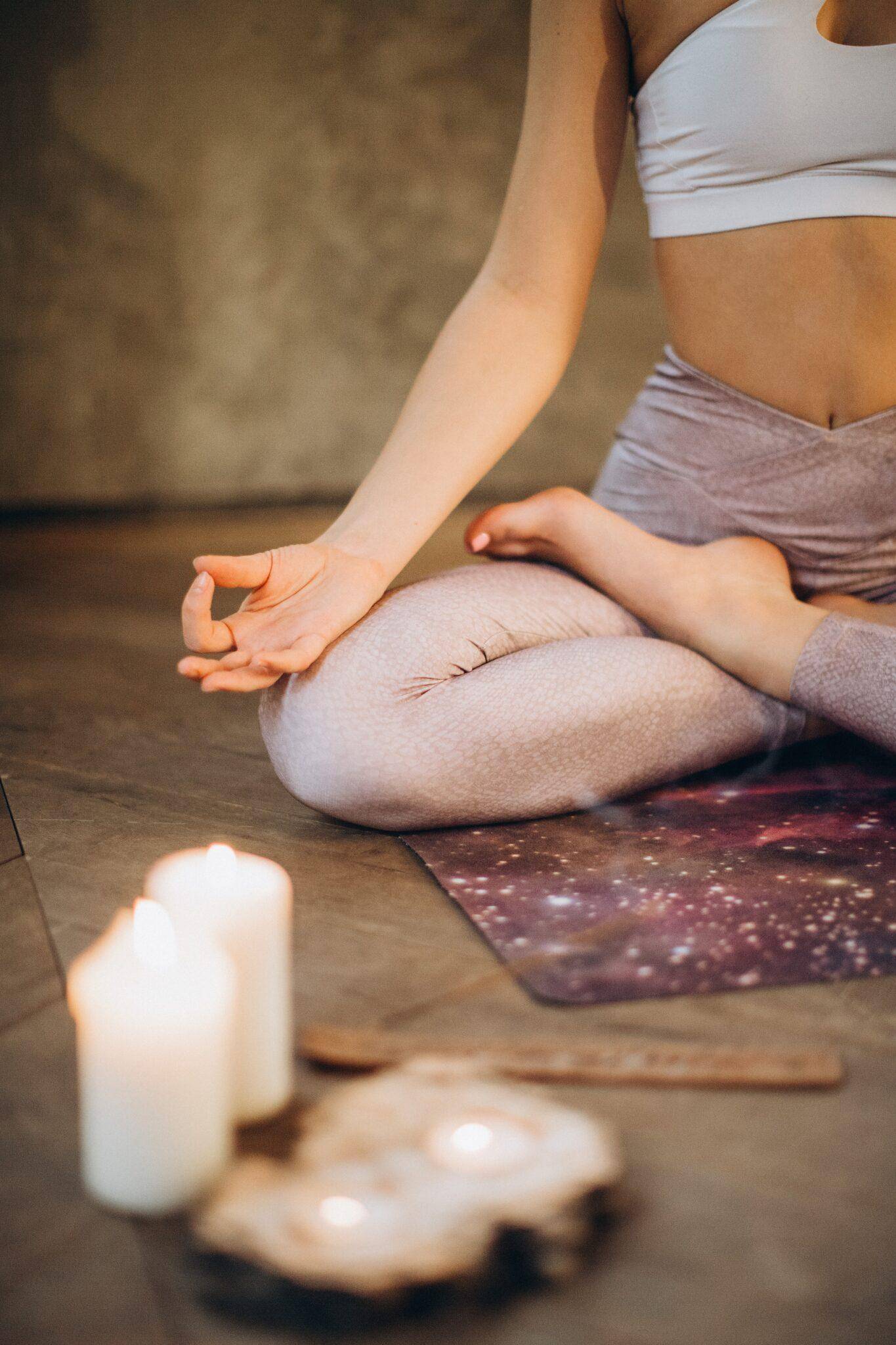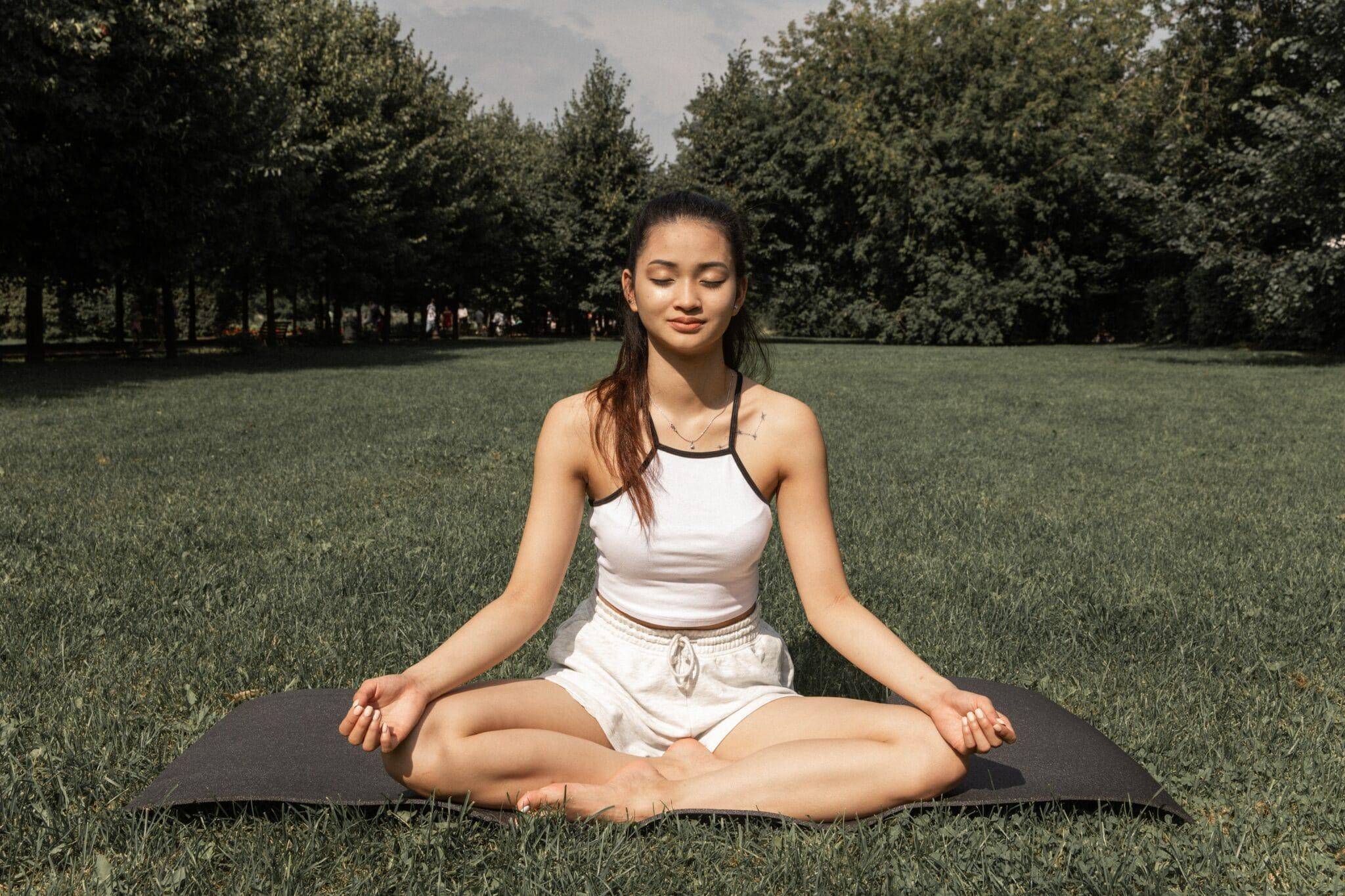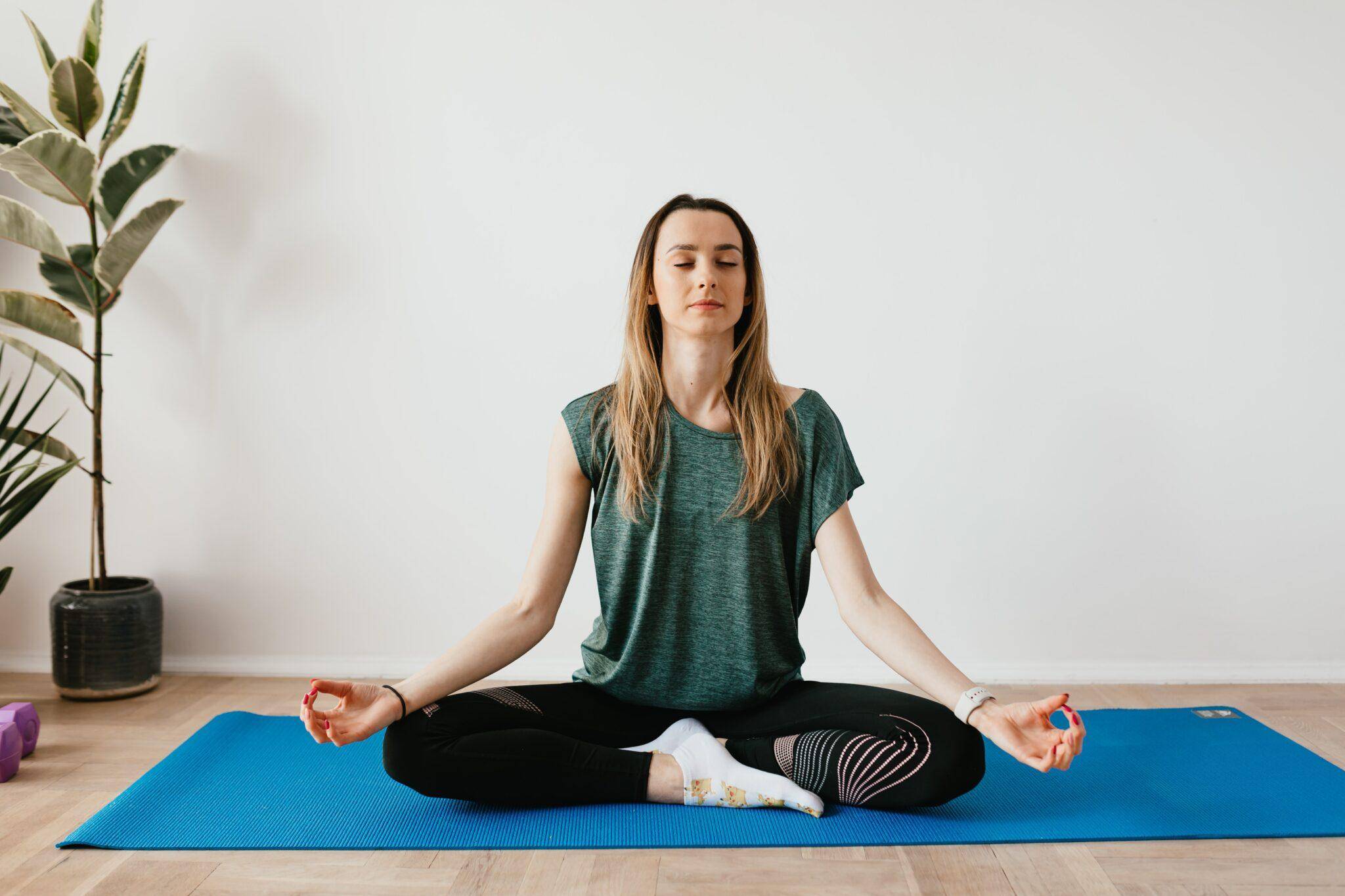Table of Contents
How to meditate for beginners? In the last few years, spiritual activities like meditation, yoga, pranayama, etc, are blowing up in the whole world and that is really a great thing. Because the benefits of these spiritual activities are incredible even scientists have confessed this. Meditation is one of those activities that anyone can adopt in their daily lifestyle and here we will be talking about it. Meditation helps us in a lot of ways such as:
- Improves focus.
- Brings peacefulness to life.
- Increases self-awareness.
- Reduces negativity.
- Helps in focusing on the present and many more benefits that can enhance our lives.
So, how to meditate for beginners? How a beginner can start meditation?
If you are also wondering these questions, this is the perfect place for you. Here you will get a complete guide on how to meditate for beginners. So, without wasting any time let’s get started.
Give Yourself a Reason To Meditate
People come to do meditation for improving their focus, creativity or to make a connection with spirituality. If you want to meditate for only spending a few minutes within yourself without worrying about anything, that will be enough reason to adopt meditation in your life. Make sure you don’t complicate your reasons. Keep in mind that meditation’s main aim is to make you relaxed, calm and reducing all the negativity and anxiety that may bother you daily.
How To Meditate For Beginners
Here is the complete guide that will help you to do meditation properly as a beginner.
1. Fix a Specific Time

Well, there is not any fixed time for Meditation, it is for relaxation as I mentioned above. So choose the time that fits you and your routine perfectly. Be assured to choose the time when there will be no one to disturb you while meditating. If you are a morning person, do it first thing in the morning. By doing it in the morning, it will benefit you on the next level. A morning person must include meditation in their morning routine.
2.Be Empty Stomach
Meditating after having meals can ruin your experience. You will not be able to meditate properly. It will make you fall asleep. Meditating on an empty stomach would be a great thing but make sure you don’t force yourself for this. There is a huge possibility that you will keep thinking about the food, in this situation you should not force yourself. You can meditate after 2 hours of having a meal.
3. Find a Quite Place

As a beginner, it is very important to have a clear and distraction-free area. Close your windows to avoid all unnecessary sounds, switch off your TV and radio. If you are sharing your room with your family members or any roommate then it could be slightly difficult for you to meditate. So, request them to stay quiet when you are meditating. Tell them that when you will get done with meditating so that they can continue to do their normal activity.
- Dim the lights of your room. It will help you in being more relaxed and concentrated.
4. Sit In a Relaxed Posture

Don’t sit on the land surface, sit on a cushion or mat. It will support your joints and legs to stay on longer sessions of meditation. Sit with your spine straight, relaxed shoulders and neck, and closed eyes.
- Keep in mind that there is no necessity to sit in a lotus position. You can even sit on a chair or bed.
5. Keep a Timer Clock Near You

Get a clock with you and set the timing of at least 5 to 10 minutes. This timing would be a perfect fit for you as a beginner. When you get used to it, you can increase the time gradually.
5. Take Deep Breaths
Taking deep breaths at the starting point of the meditation session can make a big difference. It will prepare you for the session and will calm your mind. Just make sure you are focusing on the breaths. It is one of the best techniques that can enhance your experience of meditating.
6. Have a Smile On Your Face

“Smile” one of the greatest things that you can have while meditating. It will bring positivity, keep you relaxed and peaceful.
Remember: You should not smile from outside only but from inside also.
7. Now Focus Only On Your Breath

Many people think that meditation means being thoughtless but it is not like that at all. If you also have this type of belief, please rinse off your mind from this.
To meditate, you just have to focus on your breath and nothing else. Your intent should not be thoughtless but your intent should be focusing on your breath. Understand this, you will no longer have to ask “how to meditate for beginners”.’]
Focus on your nostrils while breathing. If you are not able to focus there, try to focus on your stomach.
8. Don’t Worry If Your Mind Is Distracting You
As a beginner, there is a 100% possibility that your mind will distract you while meditating. And that is completely fine because your mind doesn’t have any practice of it. Whenever your mind distracts you, don’t get worried. Just start meditating again and carry on with the process.
9. Finish The Meditation Calmly
When you are done with meditating, finish it calmly. Don’t be in hurry. Gradually open your eyes and take some time to become aware of your surroundings. Move your body gently and that’s it! You are ready for the day.
Summing-Up
This was the complete guide on how to meditate for beginners. Here you got to know about the practical aspects that can help you in starting with meditation. So, start meditating from today, implement the things that you learned here. Try it for 30 days and see how your day-to-day life will start improving. Your focus will boost up, all negative emotions will get deducted from your life, you will experience an increase in self-awareness. Bring meditation into your daily life habits, you will get amazed by the benefits.
Watch this 10 minute guided meditation for beginners by Fit Tuber

